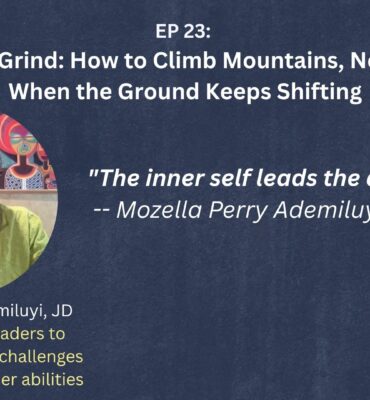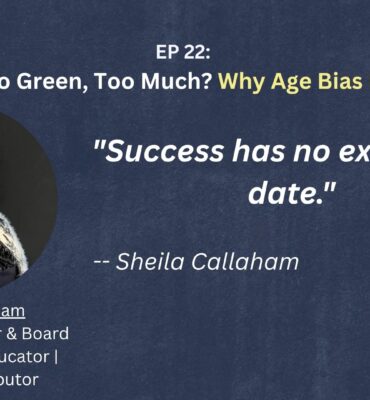Psychologist Martin Seligman has conducted extensive research on optimism, and we can use his questions to manage our inner critic. Seligman has developed a formula for changing negative self-talk to positive self-talk. In his book Learned Optimism, Seligman explains three different ways to perceive any event.
- Is this about me? In other words, when an event happens for which your inner critic speaks up, your critic might believe that “negative things happen all the time and reflect your life in general.”
- How long will this situation last? The inner critic tends to talk you into believing that the event will continue for a very long time, if not forever.
- What do I have control over? Your inner critic will convince you that you have no control over the situation and that you’ll never have control.
Let’s manage the inner critic by apply the three questions to a situation…
The Situation
Imagine that you are a sales executive and are preparing to meet with a client for an important meeting. If you are counting on closing this sale to reach your yearly sales quota, this meeting will make or break your year as far as your sales quota is concerned. You have prepared yourself for the conference and are looking forward to discussing your products and services with the important person in the firm on a Monday afternoon. You organize over the weekend, and you leave early in the morning, so there is little chance of being late due to traffic. The client’s office is about two hours away from where you live.
Unfortunately, you find out when you arrive that the key person you are meeting with has fallen ill and therefore is not present. Your inner critic steps in and begins her dialog.
Some part of you may think, “I drove a long way and prepared for a meeting for nothing.” The inner critic piles on: That’s just typical. This is likely to happen to all the meetings I set up this week. I’m never going to hit my sales goals.”
The comment, “This is typical,” indicates that your inner critic anticipates that this adverse event is the nature of how things go for you and your life and is not limited to this sales meeting alone. The event will carry on in time for the rest of the week and it will define your sales career causing you to fail.
Going along with the thinking of your inner critic will drive your energy level down and limit creative thinking. Likely leaving, following the inner critic’s line of thinking will cause you to sadly climb back into the car for the lonely drive home without even trying to rescue the situation.
Option 2: Manage Your Inner Critic
- You can calm your critic by counseling her. This is a time for which its a good idea to name that part of you. Explain to her that there was a set of specific circumstances that led to the event.
- You’ll need to help the critic understand that the specific event is timebound. And then, when great things happen, feel free to make sure your inner critic knows the great things that happen will last a very long time.
- Have an honest talk with your inner critic letting her know that you can take control to make life better. Outline ways that you can take control.
Tell your inner critic you can make lemonade out of lemons. For example, you can instruct your inner critic (again calling her by name) and tell her, “Well, this is an unusual situation that hardly ever happens to me. I was well prepared for this meeting. Since I am here, let’s see who else I can meet. Perhaps this is an unanticipated event that will permit me to meet other influential people in the organization.”
This type of self-talk allows you to not only perceive the event as rare (time-bound) but also gives you a creative solution to making something good happen in your day.
Ready to go for more? Check out my book “UnCeiling Your Career – At Any Age” for a formula outlining how to move up within your organization.













